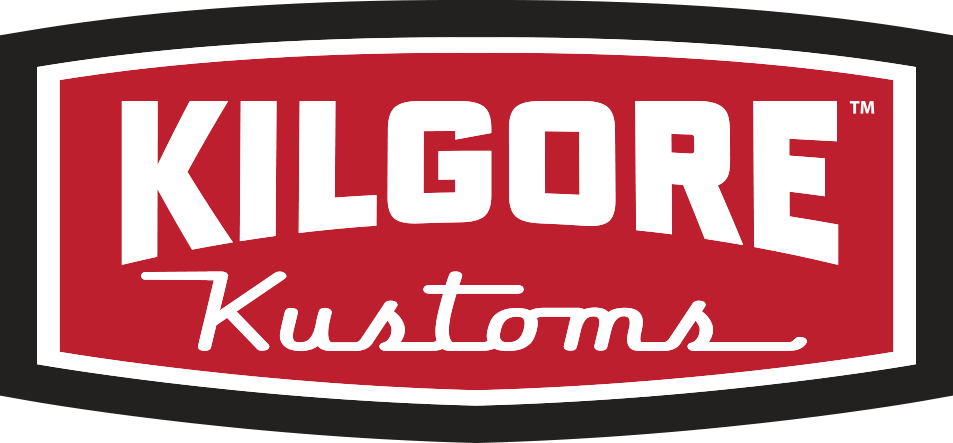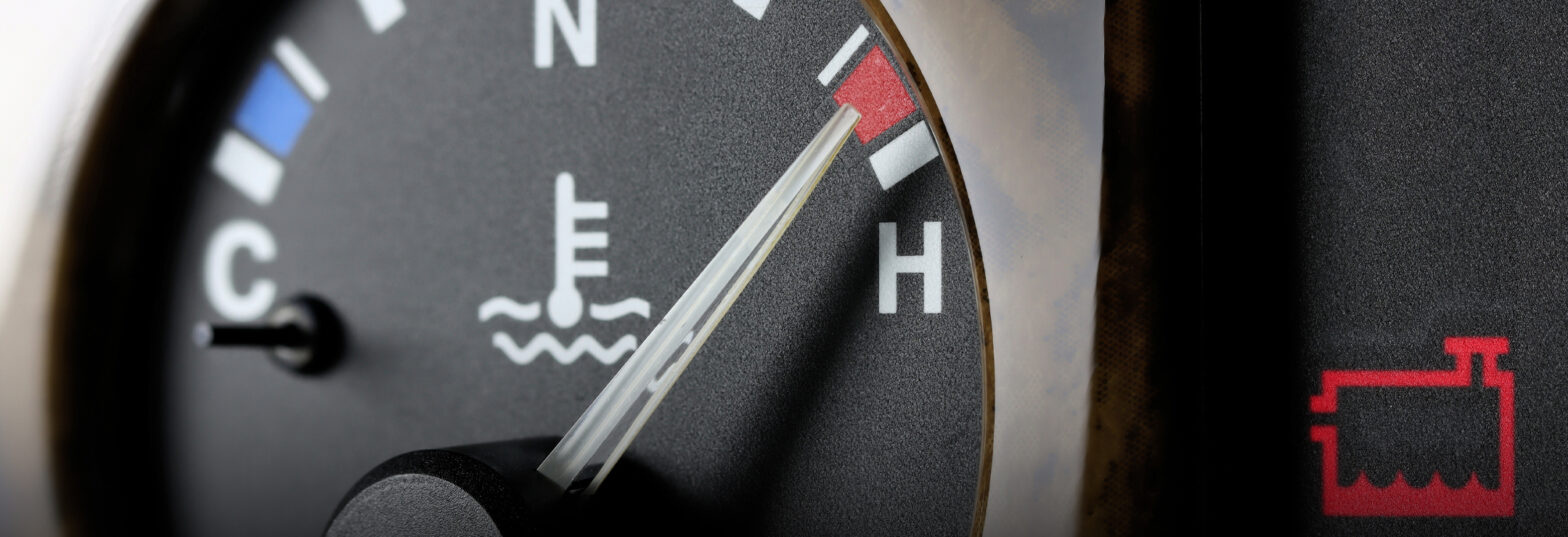While there are always surprises lurking inside any automotive restoration, one of the most unwelcome of these visitors is trouble with the cooling system. One of the reasons why this is such a deal-breaker is that it seldom shows up until after the project is completed.
You drive down the road in your newly restored classic car and stop at a light. Here you watch the temperature gauge climb. Idling away in your garage, it never seemed to have an issue. Now, however, with a load on it and hot summer weather adding to the problem, you feel lucky to make it back home with the gauge buried and weird burbling noises coming from inside the radiator. You turn the key off and listen to it diesel madly until it finally shuts down with a loud gasp.
What makes this such a challenge to troubleshoot is that there seldom seems to be anything obviously wrong with the system. The radiator is properly sized for the engine application. You have a new water pump. All the hoses are good. You check the thermostat, and it works exactly as it is supposed to.
Even worse, your friends load you up with all sorts of advice that worked for them when they had that kind of problem. Big new electric fans and even electric water pumps are suggested. The need to get your radiator recored and have a couple of extra rows added to it is on the list of things to try. Desperate to find a solution, you resort to unlikely additives in the radiator fluid. No matter what you try, the problem persists. You end up with the most dreaded car of all: one that you are afraid to drive even to the convenience store just down the street.
Vehicles that overheat are easy marks for the legendary parts cannon. It seems like such a minor problem that it should be easy to fix. Everyone has their own idea of that one thing that will do the trick, and you try them all. Maybe you’ll get lucky, and maybe you won’t.
Experienced car restoration specialists like Brian Kilgore at Kilgore Kustoms Rod Shop have seen it all. That deep well of experience might go a long way in helping you sort out your problem the first time. A little professional advice costs a lot less than firing the parts cannon over and over again.

